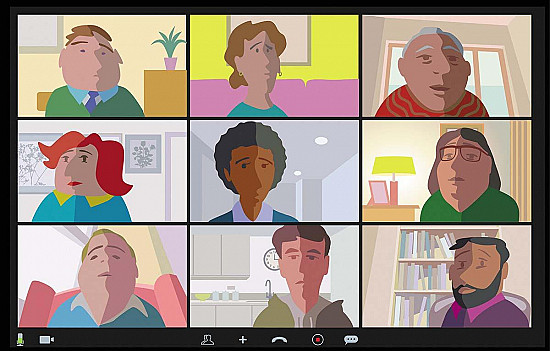Take control of your health care (exert your patient autonomy)

Autonomy means being in control of your own decisions without outside influence — in other words, that you are in charge of yourself. It is considered an essential development step toward maturity. We all make decisions about how to live our lives, although sometimes we have less choice than we might like.
When it comes to your health care, how much autonomy is the right amount?
There's lots of interest in what the term means. Here's a definition from MedicineNet:
Patient autonomy: The right of patients to make decisions about their medical care without their health care provider trying to influence the decision. Patient autonomy does allow for health care providers to educate the patient but does not allow the health care provider to make the decision for the patient.
This can be a hard line to navigate. In the past, physicians made all the decisions for their patients. They would plan the care, prescribe the treatment, and the patient would either comply or not. The word "comply" is itself pejorative. We have moved into a much more enlightened era of care, and many physicians seek to involve patients, to help them understand treatment options, and to work collaboratively to achieve goals of wellness.
When you and your doctor don't see eye to eye on the best health care for you
But what if you and your physician don't agree on the best course of care for you? What if your doctor insists that she knows best, and that your health will be at risk if you don't follow her advice? Maybe your physician has discouraged you from researching your medical condition yourself. From the physician's angle, most of us want our patients to understand their illness, be educated on goals of wellness, and be active participants in their own healthcare. But here's where it gets tricky: physicians study for years to become doctors and bring their scientific knowledge and clinical acumen to the office and the bedside. Patients may not have those skills, but they know their own bodies, tolerance for treatment, and the manner in which they are comfortable receiving care.
Finding the right doctor
It's sometimes hard to find a doctor you're comfortable with, whether it's for you or your child. Making a list of what's important to you — whether you have a physician you like now, are uncomfortable in your current treating situation, or are in the process of looking for a new provider — can really help. Ask yourself these questions:
- What is my style about health care? Do I want my doctor to tell me what to do, list the options but give me the final choice, or let me describe the medication and plan that I have researched first?
- Would I like someone who is more relational or more boundaried? Do I want a physician who has the style of sharing his own life with me, asks about my life and tries to incorporate who I am as a person as well as a patient, or would I prefer a more businesslike approach? Do I want my physician to tell me if she has the same illness I do, and what it's like for her, or would I prefer my doctor keep this to herself?
- How much do I want my doctor to know about me as a person? Is that important in the way I want to receive my health care?
- What might happen if I disagree with my doctor? Would that end the treating relationship right there, or could we work through a difference?
The right doctor will naturally support your patient autonomy
Figuring out how you want your physician to work with you lets you maintain your patient autonomy, whatever that autonomy might be. Receiving the kind of care that is comfortable for you is exercising your autonomy. There will always be blips along the way. One woman told me about a primary care doctor she had worked with for years who became enraged with her at a visit, seemingly out of the blue. She felt he was attacking her health care behavior without asking appropriate questions. She offered him several opportunities during the visit to re-evaluate his comments. When he couldn't do so, she used her autonomy to fire him. Another patient described being told that if he did not take a specific medication, the outcome could be devastating for his health. This may have been true, but perhaps a more collaborative discussion would have allowed this patient to feel less bullied into a treatment. Feeling comfortable with your right to get the answers you need to understand your treatment reflects your patient autonomy. Make sure your doctor's style matches your own. How the treating relationship works is an essential part of the treatment. If it works, everything is enhanced. If your autonomy is not respected, your health care will suffer.
About the Author

Carolyn A. Bernstein, MD, FAHS, Contributor
Disclaimer:
As a service to our readers, Harvard Health Publishing provides access to our library of archived content. Please note the date of last review or update on all articles.
No content on this site, regardless of date, should ever be used as a substitute for direct medical advice from your doctor or other qualified clinician.















